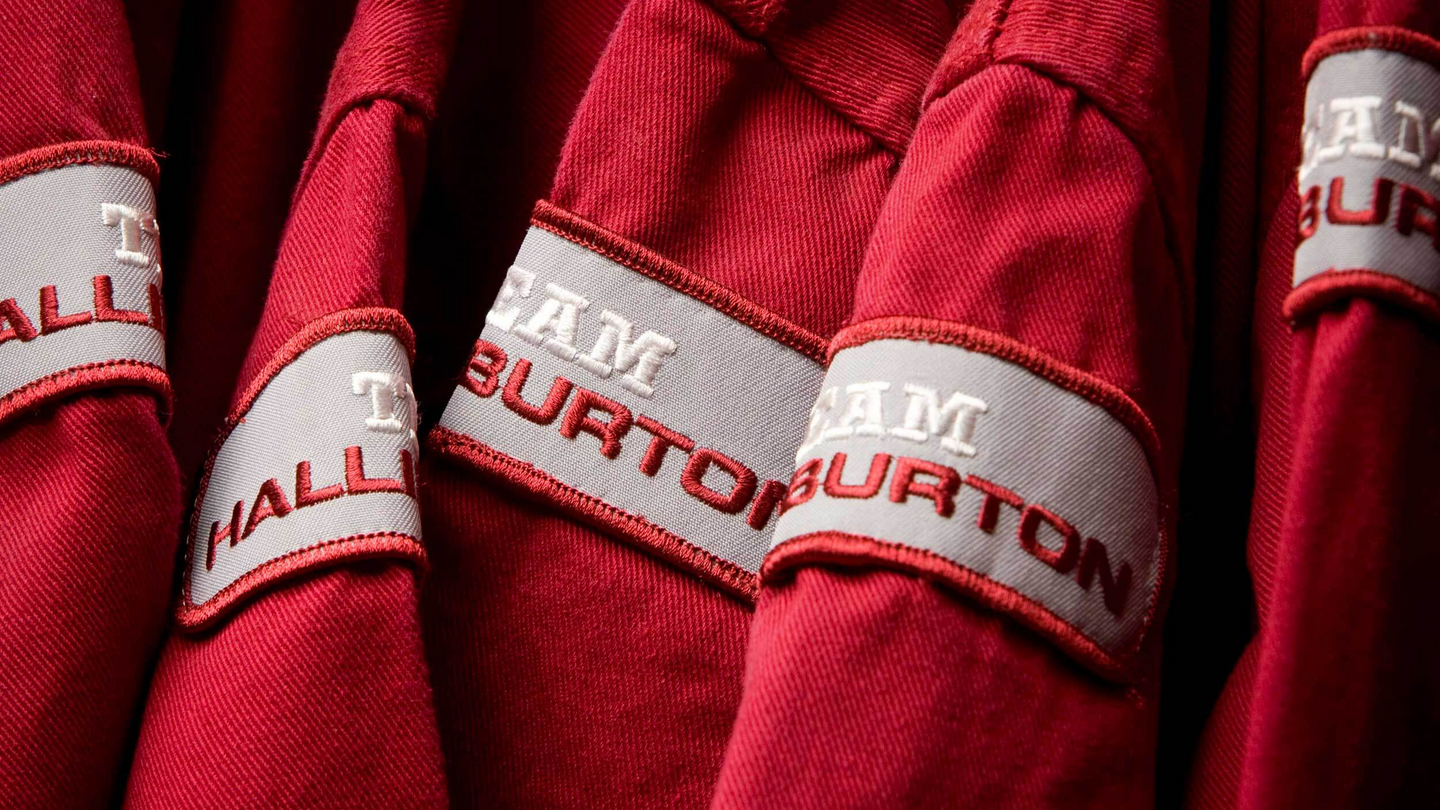 Search
Search
 Search
Search
Solution becomes new option for dual-annuli remediation
Download PDFMature Fields

Alleviate pressure and create a rock-to-rock barrier inside wellbore

Offshore Brunei
In the early 1980s, an operator offshore Brunei had a well drilled and completed with sustained “B” annulus pressure up to 100 psi (700 kPa). Dual annuli “B” and “C” were heavily cemented during the well construction phase but still registered pressure throughout its life. With sustained casing pressures, despite heavily cemented annulus, a simple casing cement plug inside the main wellbore would not be sufficient to create a rock-to-rock barrier. A customized solution to alleviate pressure and create a rock-to-rock barrier, using new technology, was needed.
The well had sat idle for over 10 years and had a history of sustained “B” annulus pressure. With sustained pressure for over 10 years, the original cement job was not providing necessary well integrity and a simple cement plug inside the main wellbore could not provide the required rock-to-rock barrier. Not addressing the sustained pressure issue, the well would not qualify as properly abandoned. Limited technology in the market for dual-annuli section milling forced the customer to revert back to traditional ideas of pilot milling roughly 1,968 feet (600 meters) of 7-inch casing and then section milling 98 feet (30 meters) of 9-5/8 inches across the isolation shale. The customer was looking for a solution that would eliminate the need for pilot milling. Over 3,281 feet (1000 meters) of pilot and section milling would be required for a milled solution. The excessive rig time would drive up cost in order to meet the rock-to-rock barrier requirement.
Halliburton collaborated with all parties involved and also leveraged its previous experience in another region to provide an optimum solution for the customer. Multiple Halliburton product service lines (PSLs) contributed their expertise to this customized solution in order to adequately address all key concerns and issues. Through close collaboration with the customer and listening to their concerns, collaborated with potential vendors and leveraged previous experience in another region to bring the optimum solution for the customer. The tailored solution worked with multiple product lines to address the key concerns and issues faced by each.
The Halliburton Baroid team understood the challenges of the operator’s tool nozzle limitations, with respect to lost circulation material (LCM) and high-gravity solids. Baroid provided a tailored low-rheology fluid that limited the large particles in the fluid while maintaining proper hole cleaning capabilities for the jetting phase.
To help overcome tool limitations, and to deal with the expected formation isolation containing pressurized gas, the Halliburton Cementing team provided a tailored cement slurry that reduced the viscosity to allow for jetting capabilities while maintaining gas migration properties.
The Halliburton Wireline & Perforating team provided its experience with dual-annuli perforation while maintaining optimum entry hole diameter (EHD) for the tool and proper perforation of the formations.
The Project Management group from Halliburton worked with key third parties to drive the correct technology for the application. Project Management also coordinated the entire operation with the different PSLs, and was instrumental in bringing the teams together with the customer to offer a single tailored solution.
Days to complete
Days of rig time saved
USD saved
The Project Management team managed the Halliburton dual-annuli remediation, collaborating with key PSLs and third parties. The PSL teams successfully executed the solution, using Halliburton and third-party technologies to successfully remediate both annuli by eliminating the sustained pressure, thus implementing a competent barrier.
This operation also eliminated the necessity for pilot milling, thus creating a solution that took less than 2.5 days to complete (compared to a planned month and a half), while also reducing health, safety, and environmental (HSE) risks. The total solution saved approximately 45 days of rig time and USD 14 million for the customer.
